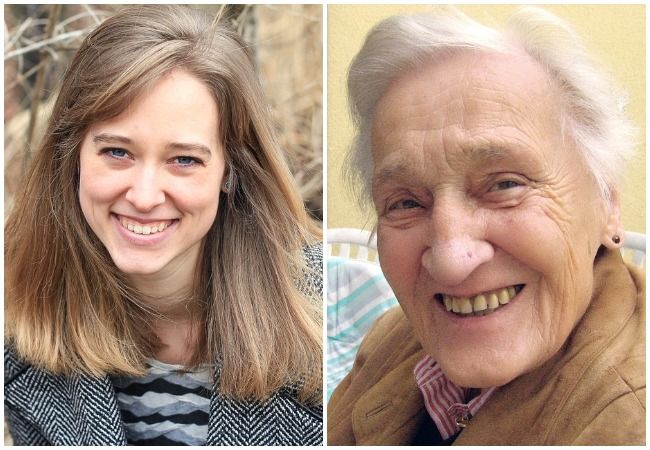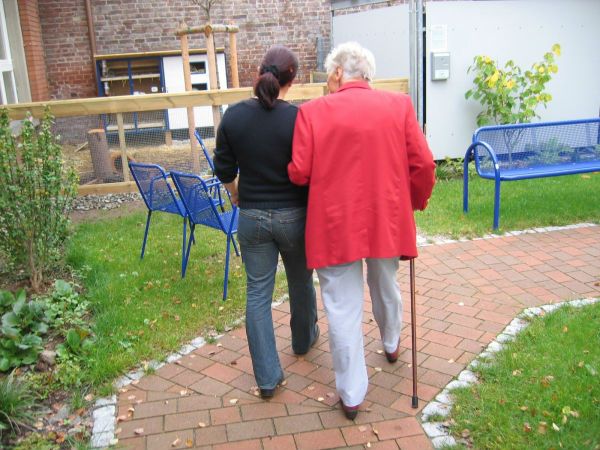If you could rate your happiness with life on a scale of one to 10, what would it be?
Your answer probably depends on your age much more than you would expect.
A study by the London School of Economics and Political Science asked volunteers between 17 and 85 to rank their satisfaction with life.
You may be surprised to learn that happiness "peaked" twice in the results: at age 23, then again at age 69.

It seems obvious that the money and free time of your golden years replaces the excitement of youth. But there's actually more to it...
The Meaning Of Life: Friendship
The Harvard Study of Adult Development tracked more than 700 men and women through 75 years, following some of them from their teenage years through retirement.

The subjects were asked about their lives, health, wealth, and happiness, with researchers tracking how their answers changed over time.
For subjects who were happiest in their golden years, the meaning of life wasn't money or a successful career - but strong personal relationships.
And a disastrous personal life - or marriage - could negatively affect your life for decades.
People in the study with positive social connections tended to be healthier in old age.
By contrast, the loneliest people in the study saw their health decline in middle age.
And it was quality that mattered, not quantity, as close relationships made the most difference in a person's life.
Researchers say they could even check a subject's personal relationships at age 50 to accurately predict their health in their 80s.
Changing Priorities
Along with the focus on friends, research on older people reveal what matters most to them are the simple things.
In a survey by the University of Stirling and Age Scotland, 98% of the 748 participants said being part of a community was important for a good life.
Health and well-being were also popular answers.
The people surveyed were also hungry for strong social connections, and actually worried about living longer if it meant outliving friends and family.
And while money was important, most just wanted enough to live comfortably. (Meanwhile, a survey of teenagers between 2005 and 2007 revealed 62% of them thought being rich was important.)
A Lifetime Of Happy Memories
Finally, it seems that wisdom comes with age, and most of us learn by retirement that worrying about past mistakes or troubles is just not worth it.
In a study, older people were shown pictures of good and bad situations, but the participants chose to narrow in on the bright side.
Focusing mainly on life's positive events seems to help older people regulate their emotions - which explains why they're so much happier than the rest of us.
Other studies offer some life advice from the elderly that we could all use:
They tend to seek out more enjoyable experiences in their everyday life. They cut out negative friends and step out of their comfort zone alongside people they actually like.
Plus, the older you get, the less interested you are in dwelling on the past, choosing instead to focus on staying happy and healthy right now.
[H/T: AOL, TED, Psychological Science, Phys.org]






